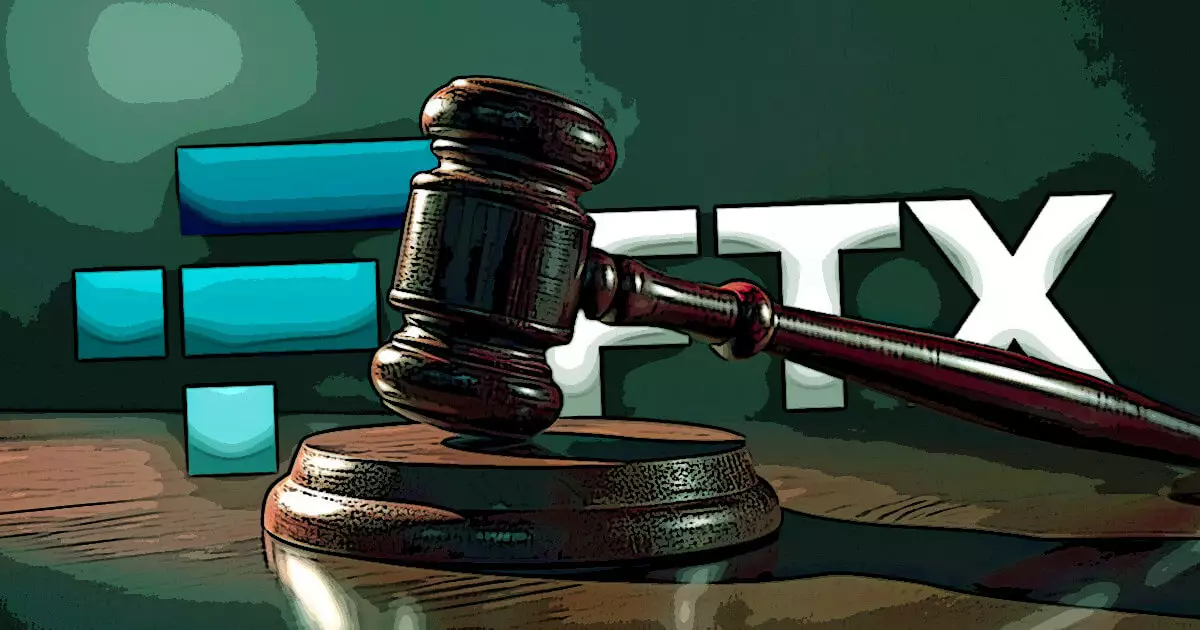In a recent legal filing, Fenwick & West, a law firm that previously provided services to FTX, sought to dismiss a class action suit brought against them. The suit, initiated by customers in August, claimed that Fenwick was partially responsible for the alleged fraudulent activities at FTX. In their defense, Fenwick presented several arguments to counter the plaintiffs’ claims, highlighting key points that are essential to the legal claims made by the customers. This article analyzes Fenwick & West’s defense and explores the implications for the ongoing class action suit.
Fenwick’s Defense Arguments
Fenwick put forth several arguments to refute the customers’ claims of wrongdoing. Firstly, they argued that the plaintiffs failed to provide evidence to support their claim that Fenwick acted outside the scope of representation. According to Fenwick, their role was limited to representing FTX and they had no involvement or knowledge of any fraudulent activities. They further stated that the customers failed to establish that Fenwick was aware of or directly assisted in FTX’s fraudulent acts. Lastly, Fenwick denied any participation in a Racketeer Influenced and Corrupt Organizations (RICO) enterprise, which is a crucial element of the plaintiffs’ legal claims.
Addressing Allegations
Apart from countering the customers’ arguments directly, Fenwick also addressed other allegations made against them. They emphasized that the customers did not accuse Fenwick of orchestrating FTX’s fraud, but rather attributed it to former FTX CEO Sam Bankman-Fried. Fenwick stressed that its representation was solely limited to FTX and did not extend to Bankman-Fried or any other insiders of the company. They also clarified that they were only one of several law firms working with FTX and their services were routine in nature.
Furthermore, Fenwick responded to the claim that they provided services that went beyond what is typically expected from law firms. They admitted to employing lawyers who later joined FTX and facilitated Bankman-Fried’s fraudulent activities. Additionally, they acknowledged advising FTX on regulatory compliance related to cryptocurrency trading. However, Fenwick stated that the customers did not argue that these services were inherently wrong or legally actionable. Instead, they contended that Fenwick should be held liable because they provided legal services while having knowledge of FTX’s fraud.
One crucial point mentioned by the customers in their lawsuit was an email from 2021, in which a Fenwick employee acknowledged cash-sharing between FTX and its sister firm Alameda Research. The customers inferred from this email that Fenwick was aware of the alleged wrongdoing at FTX. Fenwick, on the other hand, refuted this claim and denied that the existence of the email proves their awareness of any fraudulent activities at FTX. They argued that the customers based their arguments on inferences about Fenwick’s monitoring and diligence policies, combined with the fact that two Fenwick employees left the firm to work with FTX.
Fenwick’s defense in the class action suit raises several important questions regarding the extent of their liability in relation to FTX’s fraudulent activities. While they assert that their representation was limited to FTX and they were unaware of any fraudulent acts, the customers argue that Fenwick should be held accountable for providing legal services while allegedly having knowledge of the fraud. The outcome of this class action suit will determine whether Fenwick can successfully dismiss the claims or whether they will be required to face further legal proceedings.
The class action suit against Fenwick & West based on their association with FTX has prompted a vigorous defense from the law firm. By challenging the customers’ claims and presenting counterarguments, Fenwick seeks to dismiss the lawsuit entirely. However, the ultimate decision rests with the court, which will evaluate the evidence and determine whether Fenwick can be held liable for FTX’s alleged fraudulent activities.

